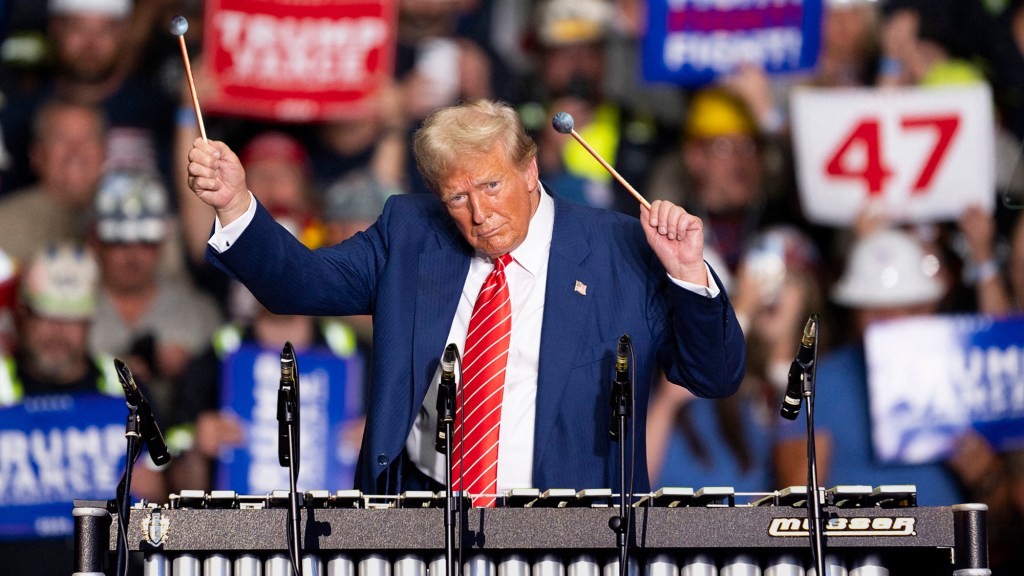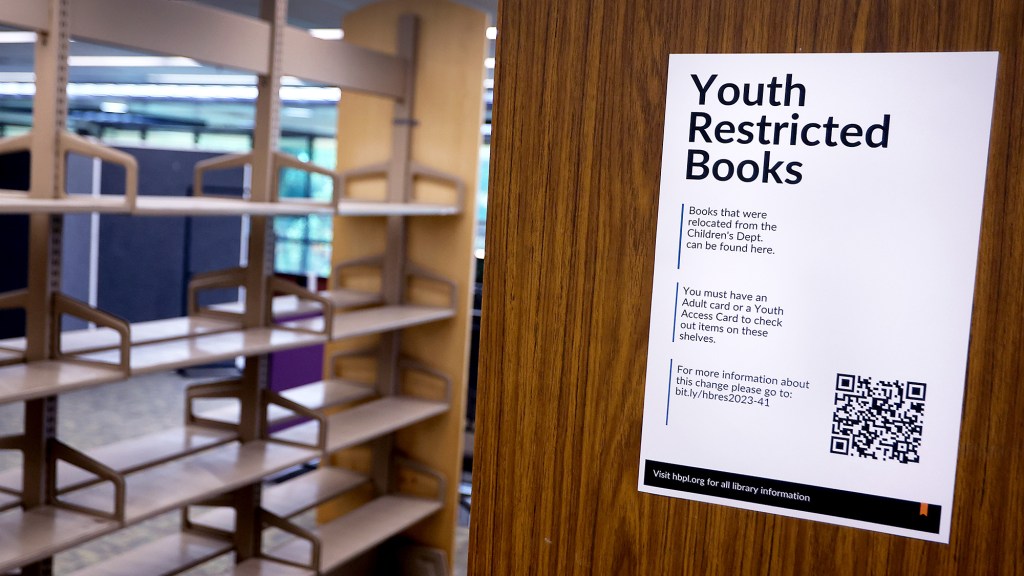WASHINGTON, DC—A U.S. Department of Education report released Monday reveals that school shootings leave students significantly better prepared for the random gunfire and everyday killing sprees that await them in the larger world.

According to the report, students exposed to gunfire during college not only had an easier time finding suitable cover later on in life, but also fared better in a number of high-pressure situations, such as having a rifle cocked to their head.
“Shootings provide students with a wide range of real-world skills, from thinking critically after having both kneecaps blown out, to communicating effectively while begging desperately for one’s life,” Education Secretary Margaret Spellings said. “Indeed, many of these lessons will continue to serve today’s graduates long after they’ve been evacuated from school.”
Unlike science, math, and liberal arts courses, which Spellings said had little real impact on a student’s ability to jump out of a second-story window and rush to a cordon of awaiting police vehicles and ambulances, school shootings supply seniors with the practical knowledge they’ll need to hit the ground running after graduation.
“There was a time when just studying hard and getting good grades meant that you’d be all right in the world,” Spellings said. “Unfortunately, that’s not nearly as important today as having the right connections or knowing when to put added pressure on your midsection to prevent your innards from spilling out.”
Teamwork and time-management abilities are also enhanced in a massacre-based educational environment, the report found. Students get the opportunity to work together in large, sobbing groups, whether praying for help or persuading each other to play dead, and learn to maximize limited amounts of time, even seconds, for crucial tasks like fleeing.
The findings also revealed that school attacks often mark the first time underclassmen start thinking seriously about their future. Important psychological developments occur as well, especially in students at the high school or elementary school level.
“The sooner kids face the frenzied onslaught of semi-automatic gunfire, the sooner they’ll develop the jumpy reactions to sudden noises and movements that will help them anticipate and react to gun attacks years down the line,” said Diane Gallo, director of the organization No Wounded Child Left Behind. “After all, what hope do our children have of succeeding if they’re not constantly terrified of being shot dead?”
Aside from providing recent graduates with the tools they’ll need to meet the often rigorous demands of crazed gunmen in the workplace, school shootings have also been shown to benefit those who choose to join the military after high school.
“I can’t believe I used to kick and scream about being shot at in school,” said Army Pfc. John Hodge, 19, who graduated last year and is currently stationed in Baghdad. “If it weren’t for everything I learned in Ms. Sarai’s class—may her soul rest in peace—I don’t how I’d be able to get through a normal week.”
Some parents of students who experienced high school shootings have also noticed a substantial difference.
“Before he attended Riverside Academy, I used to always worry about how Jason was going to fend for himself out in the real world,” said Theresa Eibelman of her 16-year-old son. “Now, I know—by barring the door to the library with a bookshelf and warning people in other rooms to leave the school immediately.”
Despite the report’s conclusions, some citizens are skeptical about the productive side of school shootings, calling them “pointless,” “disruptive,” and “something that doesn’t belong in our schools.”
“No daughter of mine is going to go to some awful school with psychotic gunmen roaming around,” said David Lee Sykes, a Roanoke, VA resident and father of three young children. “My Jennifer is going to learn about taking a bullet the old-fashioned way: from her mother and father.”







